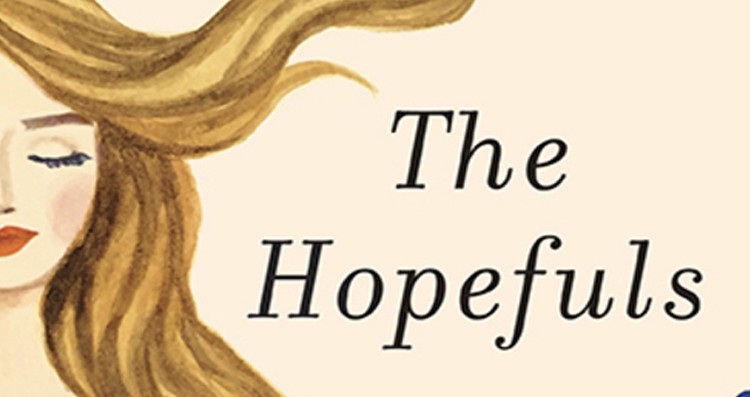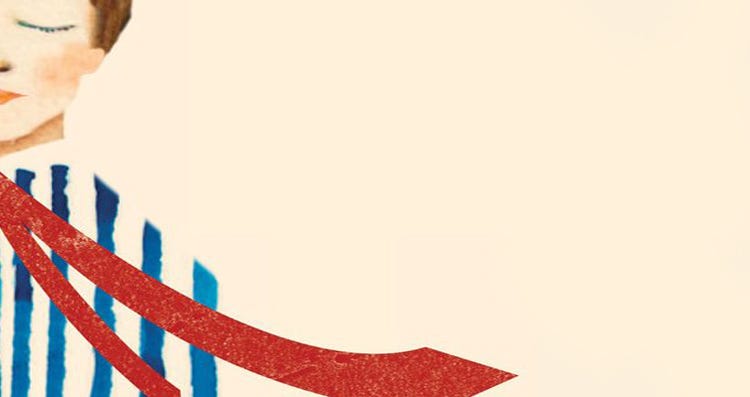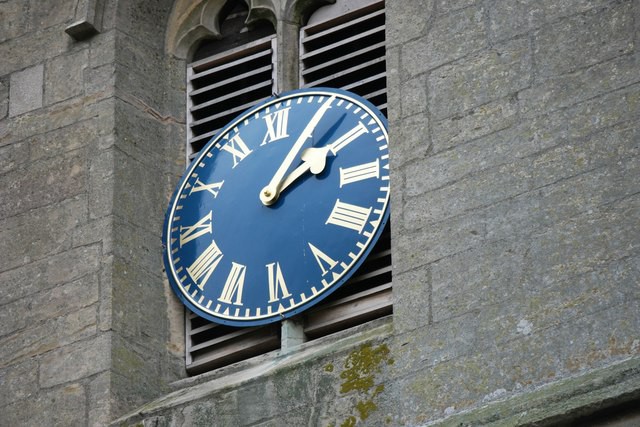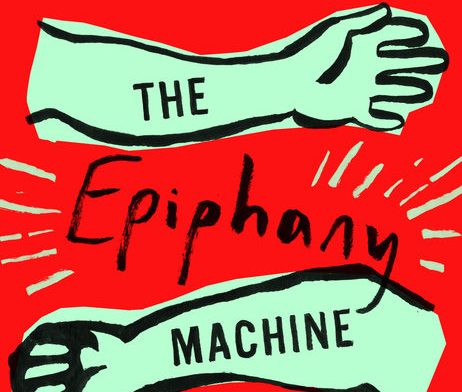Books & Culture
Yes We Can! Yes We Can! Because We Are The Hopefuls
Jennifer Close’s latest novel asks how a newly married couple can make it work in a heavily political world

“Change We Can Believe In.” This was the slogan of Barack Obama’s 2008 presidential campaign. People were truly hopeful about a better future. They — we, I — sought that imagined, idyllic world. With Obama’s energy, our country possessed a continuous feeling of excitement, and it seemed as if anything was possible. Jennifer Close captures all of these sentiments in her timely, Obama-era romp, The Hopefuls.
With The Hopefuls, Close constructs a novel about Matt and Beth, two newlywed millennials who are trying to make life work.
Matt is a political newbie, with a dream to rise as quickly as he can in the cutthroat city of DC. He, though, isn’t like a lot of the political people who surround him. Beth says of her husband, “He didn’t like to gossip or talk behind people’s backs.” He joins the Obama campaign in a relatively low-key role and works as hard as he can to rise in the ranks. Beth, like her husband, is also different from her new neighbors in the nation’s capital, but not in the same ways. Whereas Matt is known around town as the nice guy, Beth, a Wisconsin transplant who also lived in NYC, isn’t really known (or liked) at all. She admits about herself, “Sometimes, it’s just hard to be happy for other people.” She’s also quick to criticize those political people who surround her:
“All of the people there reminded me of high school student council members, the ones who fought for pizza lunches and dance themes with great passion. They were all so eager. (And borderline annoying.)”
Matt and Beth slowly begin to adjust to DC living. Matt falls in love with politics, and the magic surrounding the Obama campaign engulfs him. He feels as if he’s found his calling. Beth, on the other hand, is a writer, and the only job she can find is working for a trashy, gossip site. For Beth, the move is problematic.
While Matt is away having grand adventures on the campaign trail, Beth stays at home and thinks about how much she hates DC. From the traffic to the heat, she cannot deal with the nation’s capital. Finally, Beth’s salvation arrives in the form of Jimmy and Ashleigh Dillon, another young, newly married couple. Jimmy is severely handsome and charismatic, and Ashleigh is perfect in nearly every way. They are the kind of change that Beth can surely believe in.
And believe in them, she and Matt do. The two couples become close friends. Jimmy and Matt work together. Ashleigh and Beth spend countless hours shopping, eating, and gossiping. They become inseparable. And then, problems arise. Jimmy’s power rises quickly in the political world, leaving Matt behind. Ashleigh becomes simply too much for Beth to keep up with. The rest of Close’s novel follows whether Matt and Beth can survive the changing landscape around them and if they can, in fact, remain the hopefuls?
“The Hopefuls captures the competition and ambition of today’s political environment.”
Close’s novel carries a deceptively light tone. Yes, it’s a comedy, and yes, it’s a relationship novel, but it’s so timely and so wonderfully realized that The Hopefuls isn’t just those things. It’s too good — too important — to be relegated as a work of genre.
The Hopefuls captures the competition and ambition of today’s political environment, and that tension builds as the novel progresses. Close writes with a heightened awareness of how rooted the very nature of political struggle is within our very national identity.
Close makes some rather stark observations about our political figures. Beth asks important questions about them: “Why did some people like Hillary so much more when she cried? Why is it that Obama sings and it’s amazing, but Mitt Romney sings and looks like a nightmare you’d have about a wax figure come to life? And why, in God’s green earth, could Sarah Palin wink and talk about pigs and somehow make everyone around her forget that she’d basically admitted she didn’t read?” Here, she’s funny, but she’s also speaking a certain truth that often goes unsaid because it’s considered, perhaps, too private — too untouchable.
“The Hopefuls also examines personal relationships, specifically marriage and young, co-ed friendships.”
How do the two coincide? Can they even? Matt and Beth need the Dillons to survive as separate, thriving individuals in DC. Beth even, rather frighteningly, admits, “Maybe we needed the Dillons to be happy.”
The extent to which Matt and Beth (don’t) know each other is on full display throughout The Hopefuls. They spend their time together by either constantly complaining or dreaming about the future. There is little focus on the now — how to live and grow as a loving, married couple. What Close captures in these moments is a growingly familiar feeling of millennial discontentment.

As The Hopefuls wraps up, it’s time for Obama’s second campaign to launch. “Forward,” the people say this time, and that’s the phrase Matt and Beth must remember. Forward they will go — because they are hopeful.









